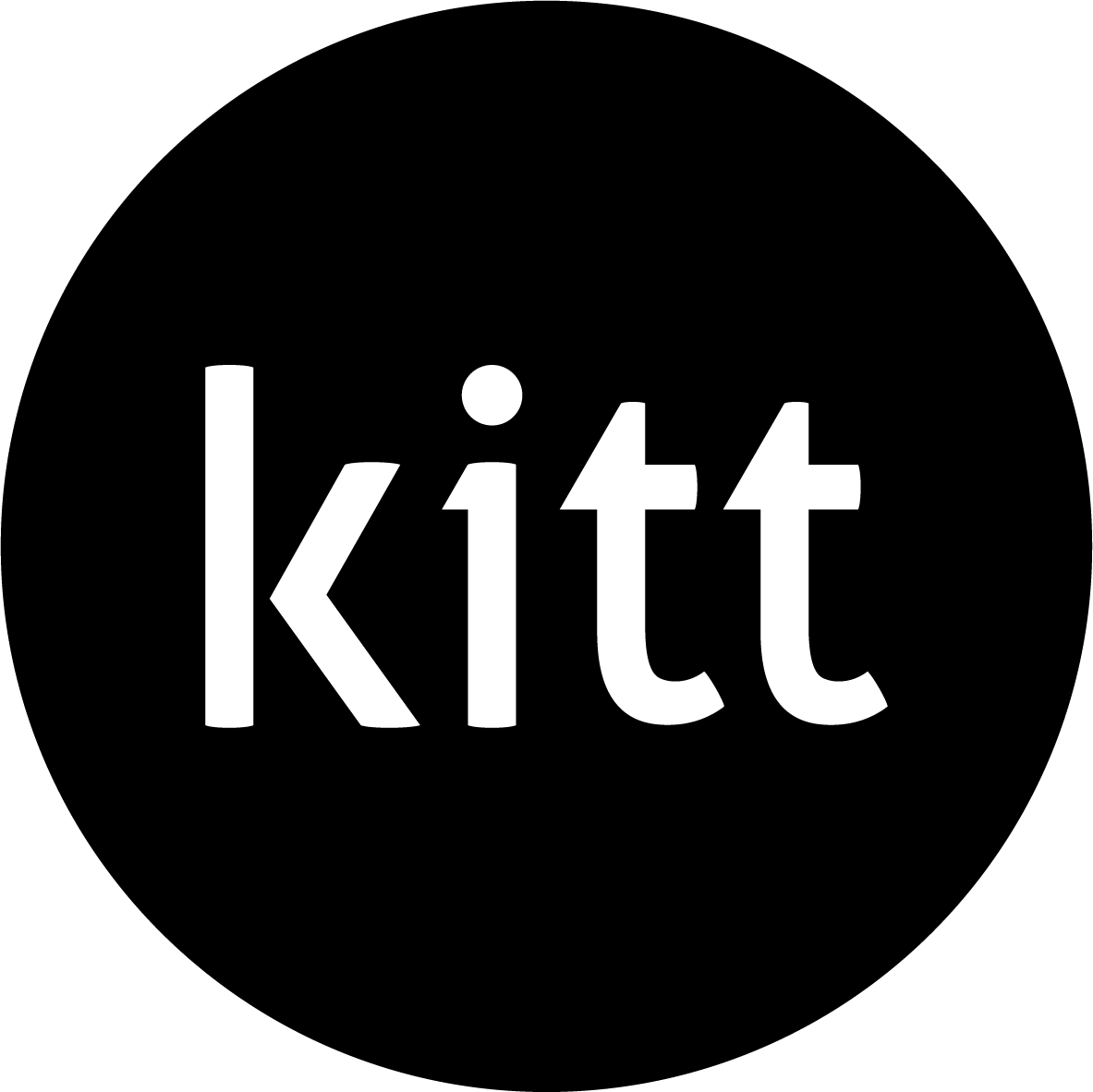A recent court ruling has brought to light a significant error in the prosecution of train fare evasion cases. It has been discovered that four train companies, including Northern Rail and Greater Anglia, have been pursuing prosecutions against thousands of passengers using the single justice procedure (SJP), despite not having the authority to do so. This ruling, made by Judge Paul Goldspring at Westminster Magistrates’ Court, has deemed these prosecutions as unlawful and has paved the way for them to be voided.
Judge Goldspring stated that these prosecutions should have never been brought through the SJP, as it was not intended for such offences. He further explained that “Parliament did not envisage these offences being prosecuted” through the mechanism. This aligns with his previous statement in June where he declared the prosecutions as “probably unlawful”. The train companies have since agreed with this statement.
The use of the SJP allowed train companies to fast-track prosecutions and conduct them behind closed doors. This procedure was introduced in 2015 for minor offences in magistrates’ courts. However, the exact number of SJP prosecutions is unknown, with Judge Goldspring estimating it to be “over 74,000”. In Thursday’s hearing, only six test cases were brought forward and have been quashed so far. It is now the responsibility of train companies, the Department for Transport, and the Courts and Tribunals Service to identify and contact the tens of thousands of people affected by these wrongful prosecutions.
Judge Goldspring has set a goal of the end of September to create a list of those affected and a bulk hearing is scheduled to take place by the end of October. The process of refunding those affected is expected to begin in November. In light of these developments, Greater Anglia has issued an apology and acknowledged “a series of significant errors” on their part. Similarly, Northern Rail has also expressed regret and stated, “We welcome the judgment of the chief magistrate in court today. We would like to apologise again for the errors that have occurred.”
While four companies are believed to be involved in these wrongful prosecutions, the judge has refrained from naming them. This ruling serves as a reminder for companies to adhere to proper procedures and regulations in their pursuit of justice.




